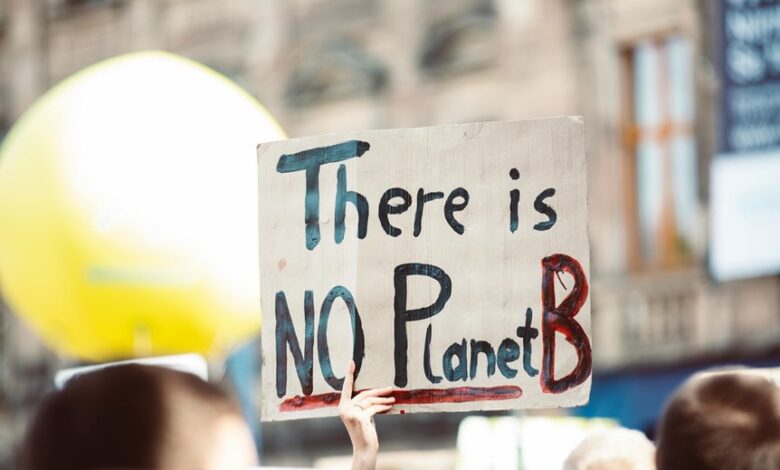Understanding Uncomfortability: More Than Just Feeling Awkward

Uncomfortability often manifests as an awkward sensation, yet it encompasses a broader spectrum of emotional and physical experiences. This intricate phenomenon invites individuals to confront their vulnerabilities and question their beliefs. By exploring the nuances of discomfort, one can uncover pathways to resilience and growth. However, the implications of embracing uncomfortability extend beyond personal insight, influencing interactions within social contexts. What lies beneath this complex layer of experience, and how can it reshape our understanding of ourselves and others?
The Nature of Uncomfortability
Uncomfortability often manifests as a complex interplay of emotional and physical sensations that challenge an individual’s sense of well-being.
These physical sensations—such as tension and restlessness—are often accompanied by psychological responses, including anxiety and self-doubt.
Understanding this intricate relationship encourages a deeper exploration of one’s experiences, promoting awareness and ultimately fostering a sense of freedom from societal constraints that perpetuate discomfort.
Uncomfortability and Emotional Awareness
Emotional awareness serves as a critical lens through which individuals can examine the nuances of uncomfortability.
Navigating Social Dynamics
Understanding the intricacies of social dynamics often reveals the profound impact of uncomfortability on interpersonal interactions.
Social cues play a crucial role in navigating these complexities, influencing relationship dynamics and the way individuals connect. By fostering awareness of these signals, individuals can cultivate empathy, encouraging more authentic exchanges.
This exploration invites a deeper understanding of how discomfort can shape social landscapes and personal freedom.
Embracing Change and Growth
The experience of discomfort often serves as a catalyst for significant personal transformation, prompting individuals to reevaluate their beliefs and behaviors.
In exploring how these transformative life experiences can initiate growth, one must consider the intricate relationship between discomfort and resilience.
How can embracing these challenging moments lead to a deeper understanding of oneself and ultimately foster a more enriching life journey?
The Power of Discomfort
Discomfort serves as a catalyst for personal transformation, often acting as a silent yet powerful force that propels individuals toward growth.
By venturing into discomfort zones, individuals can cultivate a growth mindset, embracing challenges that foster resilience.
This exploration ignites curiosity and self-awareness, ultimately revealing the transformative potential embedded within discomfort, inviting a more liberated and authentic existence.
Transformative Life Experiences
Embracing change often unfolds through transformative life experiences that challenge preconceived notions and reshape individual identities.
These moments often catalyze personal growth, prompting introspection and a reevaluation of life lessons. As individuals navigate discomfort, they discover resilience and adaptability, ultimately fostering a deeper understanding of themselves.
This journey illustrates that embracing the unknown can lead to profound freedom and authentic self-expression.
Strategies to Cope With Uncomfortability
Coping with uncomfortability requires a nuanced understanding of both emotional and cognitive strategies.
Mindfulness techniques can ground individuals in the present moment, reducing anxiety associated with discomfort.
Meanwhile, cognitive reframing allows for a shift in perspective, transforming negative thoughts into opportunities for growth.
Transformative Power of Discomfort
Although often perceived as merely a negative experience, discomfort can serve as a catalyst for profound personal growth and transformation. By venturing into discomfort zones, individuals may unlock new dimensions of their potential, fostering personal evolution. The exploration of discomfort can lead to resilience, self-awareness, and deeper connections.
| Discomfort Zone | Potential Growth | Personal Evolution |
|---|---|---|
| Social Anxiety | Improved Confidence | Enhanced Relationships |
| Career Change | New Skills | Broadened Perspectives |
| Emotional Strain | Greater Empathy | Authentic Self-Expression |
Conclusion
In a world that relentlessly pursues comfort and ease, the irony lies in the fact that true growth often resides in the very discomfort we seek to avoid. By daring to face uncomfortability, individuals unwittingly unlock profound self-awareness and enriched connections with others. Thus, the paradox emerges: in striving for a life devoid of awkwardness, one may inadvertently forfeit the invaluable lessons and transformative experiences that discomfort graciously offers. Embracing unease might just be the key to true fulfillment.




